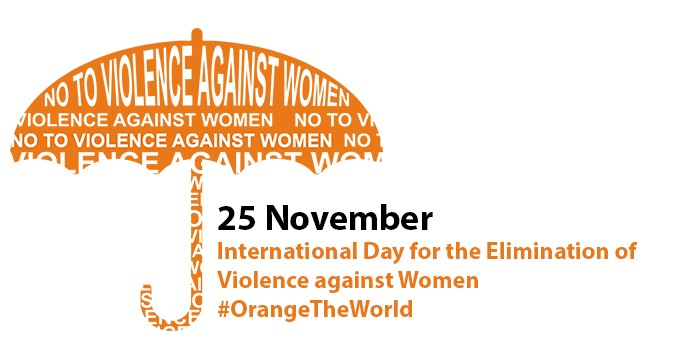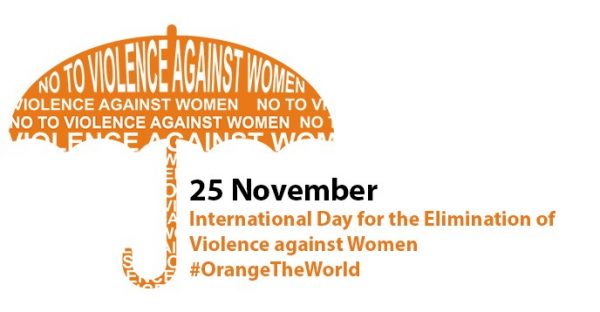The adverse psychological, sexual and reproductive health consequences of Violence Against Women Girl (VAWG) affect women at all stages of their life. For example, early-set educational disadvantages not only represent the primary obstacle to universal schooling and the right to education for girls. Down the line, they are also to be blamed for restricting access to higher education and even translate into limited opportunities for women in the labour market.
While gender-based violence can happen to anyone, anywhere, some women and girls are particularly vulnerable – for instance, young girls and older women, women who identify as lesbian, bisexual, transgender or intersex, migrants and refugees, indigenous women and ethnic minorities, or women and girls living with HIV and disabilities, and those living through humanitarian crises.
Read more about other International Days
Violence against women continues to be an obstacle to achieving equality, development, peace as well as the fulfilment of the human rights of women and the girl-child. All in all, the promise of the Sustainable Development Goals (SDGs) – to leave no one behind – cannot be fulfilled without putting an end to violence against women and girls.
About the Day
The United Nations General Assembly has designated November 25 as the International Day for the Elimination of Violence against Women (Resolution 54/134). The premise of the day is to raise awareness of the fact that women around the world are subject to rape, domestic violence and other forms of violence. Furthermore, one of the aims of the day is to highlight that the scale and true nature of the issue is often hidden. For 2014, the official Theme framed by the UN Secretary-General’s campaign UNiTE to End Violence against Women is Orange your Neighbourhood. For 2018, the official theme is “Orange the World: #HearMeToo”.
Why we must eliminate violence against women
Violence Against Women and Girls (VAWG) is one of the most widespread, persistent and devastating human rights violations in our world today and it remains largely unreported due to the impunity, silence, stigma and shame surrounding it.
In general terms, it manifests itself in physical, sexual and psychological forms, encompassing:
- intimate partner violence (battering, psychological abuse, marital rape, femicide);
- sexual violence and harassment (rape, forced sexual acts, unwanted sexual advances, child sexual abuse, forced marriage, street harassment, stalking, cyber- harassment);
- human trafficking (slavery, sexual exploitation);
- female genital mutilation; and
- child marriage.
To further clarify, the Declaration on the Elimination of Violence Against Women issued by the UN General Assembly in 1993, defines violence against women as “any act of gender-based violence that results in, or is likely to result in, physical, sexual or psychological harm or suffering to women, including threats of such acts, coercion or arbitrary deprivation of liberty, whether occurring in public or in private life.”
Sign up to the Connect Nigeria daily newsletter
Alarming Figures
- 1 in 3 women and girls experience physical or sexual violence in their lifetime, most frequently by an intimate partner
- Only 52% of women married or in a union freely make their own decisions about sexual relations, contraceptive use and health care
- Worldwide, almost 750 million women and girls alive today were married before their 18th birthday; while 200 million women and girls have undergone female genital mutilation (FGM)
- 1 in 2 women killed worldwide were killed by their partners or family in 2012; while only 1 out of 20 men were killed under similar circumstances
- 71% of all human trafficking victims worldwide are women and girls, and 3 out of 4 of these women and girls are sexually exploited
- Violence against women is as serious a cause of death and incapacity among women of reproductive age as cancer, and a greater cause of ill-health than traffic accidents and malaria combined.
As we mark this special day, here is the food for thought by the UN Secretary-General António Guiterrez:
“Not until the half of our population represented by women and girls can live free from fear, violence and everyday insecurity, can we truly say we live in a fair and equal world.”
–António Guiterrez, UN Secretary-General
Sources:
Wikipedia
UN
Featured Image Source: UNESCO
Got a suggestion? Contact us: [email protected]


